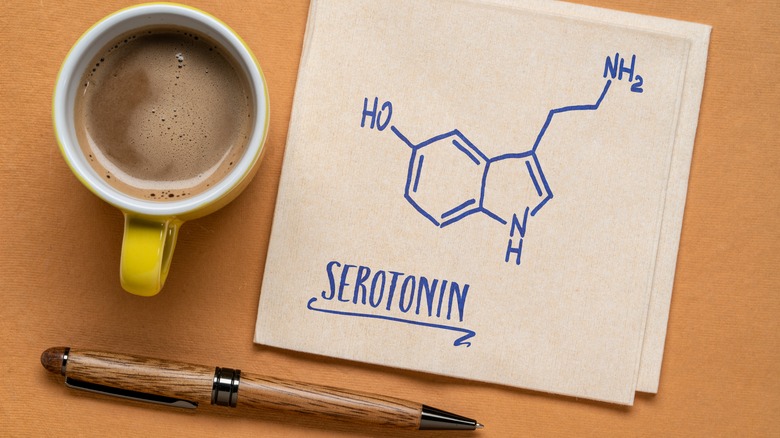What To Know About Antidepressant Withdrawal
Having depression can feel like a dark rain cloud is following you while moving about your day, and can make it more difficult to fully enjoy the beautiful moments in life. If you or a loved one is battling depression, it is important to remember that you are never alone and there is help available. According to the World Health Organization, about 280 million people worldwide experience depression. More than 700,000 people die by suicide within a given year, meaning these mental health challenges are very common across the globe.
Some symptoms of depression include feelings of sadness and hopelessness, irritability, decreased pleasure during activities that you had once enjoyed, thoughts of suicide and self-injurious behavior, fatigue, sleeping too little or too much, weight gain or loss, and physical symptoms like headaches or digestive issues. Symptoms have to persist for two weeks or more to receive a formal diagnosis of depression (per the National Institute of Mental Health).
Suicide is a leading cause of death in both youth and adults, per the Centers for Disease Control and Prevention (CDC). This makes alleviating the distressing symptoms that accompany depression a serious priority for mental health professionals. One treatment option for depression that is commonly used in conjunction with therapy is antidepressants.
What are antidepressants?
If depression symptoms linger, a doctor may discuss various treatment options, including trying an antidepressant medication. The National Health Service states that antidepressants are believed to work with neurotransmitters — the chemical messengers of the brain responsible for communication between neurons — to improve mood and change brain chemistry. In a 2018 review published in The Lancet, researchers suggested that antidepressants appeared to be more effective than placebo treatment for adults with major depressive disorder across 522 trials, although the review also discussed some limitations.
There are different classes of antidepressants, and one commonly prescribed type is Selective Serotonin Reuptake Inhibitors (SSRIs), with Prozac and Lexapro being popular examples (per Mayo Clinic). According to the National Health Service, SSRIs are thought to inhibit the reuptake of the neurotransmitter serotonin, increasing serotonin levels in the brain.
SSRIs can be life-changing for some but also have potential side effects, especially during the beginning of treatment. As reported in an article by the Institute for Quality and Efficiency in Health Care, SSRIs can produce headaches, diarrhea, sleep disturbances, or nausea in some individuals, but many of the side effects are usually temporary. Importantly, some adolescents taking SSRIs or Selective Serotonin Noradrenaline Reuptake Inhibitors (SNRIs) have been more likely to experience suicidal thoughts or act upon them.
For these reasons, it is extremely important to track any side effects you notice when being treated with SSRIs and other antidepressants. Be sure to communicate them with your prescribing psychiatrist or doctor.
What happens when you stop taking antidepressants?
Something to keep in mind while taking antidepressants is the possibility of withdrawal symptoms when abruptly discontinuing treatment. The Mayo Clinic notes that those who regularly take antidepressants have an increased risk of withdrawal effects like dizziness, difficulty sleeping, anxiety, electric shock sensations, and the reappearance of depressive symptoms when immediately discontinuing their medication. Other potential withdrawal symptoms include increased paranoia or suicidal thoughts, as explained by the Harvard Medical School.
There has been some research that suggests having some withdrawal symptoms may be reasonably common. A 2019 review published in Addictive Behaviors proposed that over half of those who stopped taking antidepressants reported withdrawal symptoms. Furthermore, a significant number of people experienced withdrawal symptoms for two weeks or more after discontinuing use.
For those who wish to taper off their antidepressants, it is crucial to keep in contact with your psychiatrist or doctor — they can closely monitor your symptoms and help you safely discontinue treatment. Antidepressants may not be effective for everyone, and there are other treatment options one can try, such as Cognitive Behavioral Therapy (CBT), Transcranial Magnetic Stimulation (TMS), and mental health support groups, just to name a few (per Verywell Mind).
If you or someone you know is struggling with mental health, please contact the Crisis Text Line by texting HOME to 741741, call the National Alliance on Mental Illness helpline at 1-800-950-NAMI (6264), or visit the National Institute of Mental Health website.



